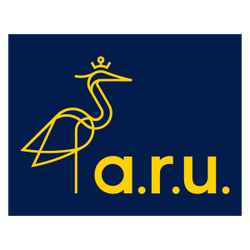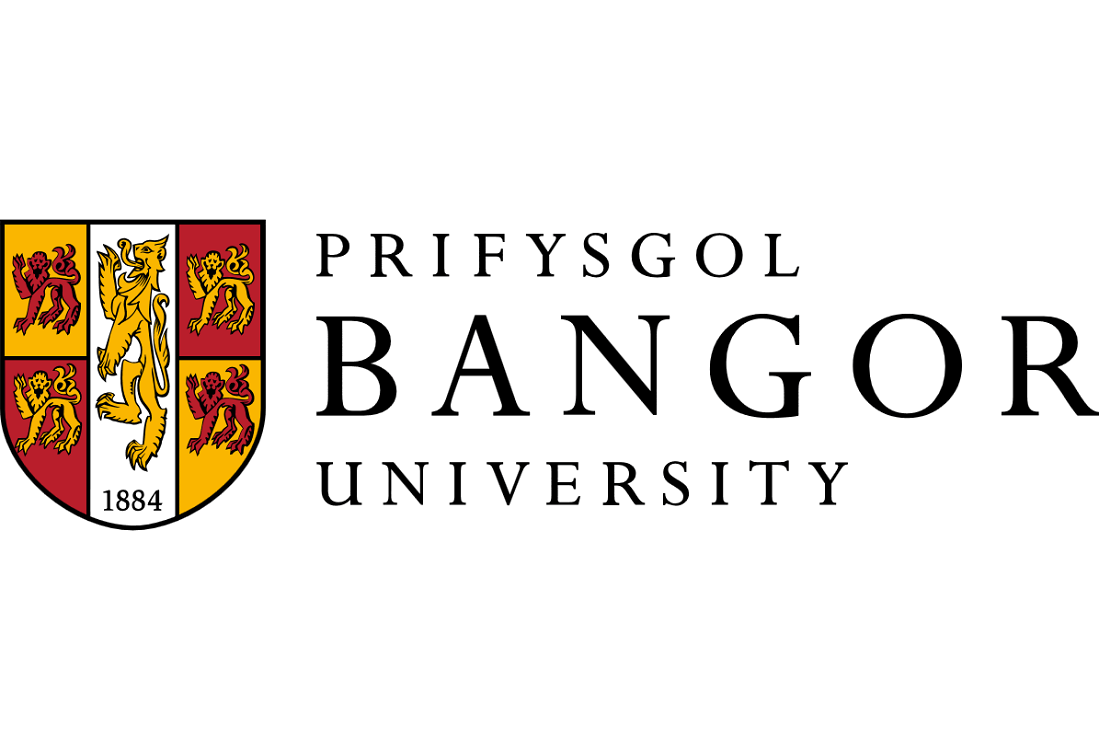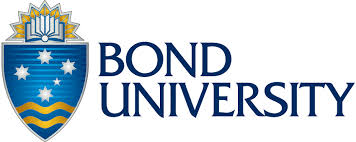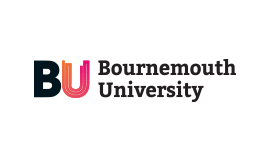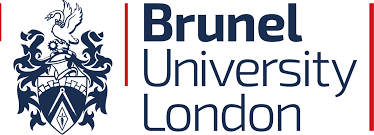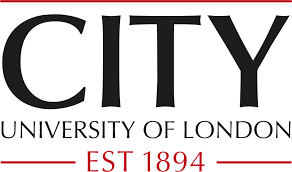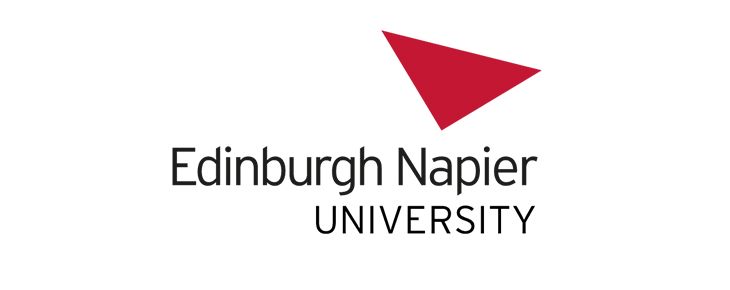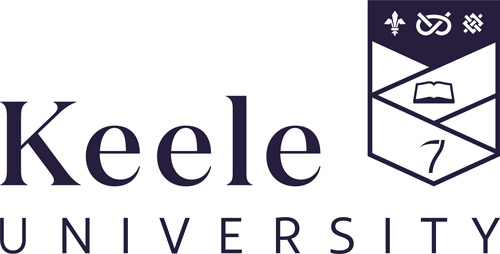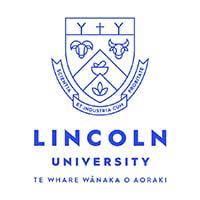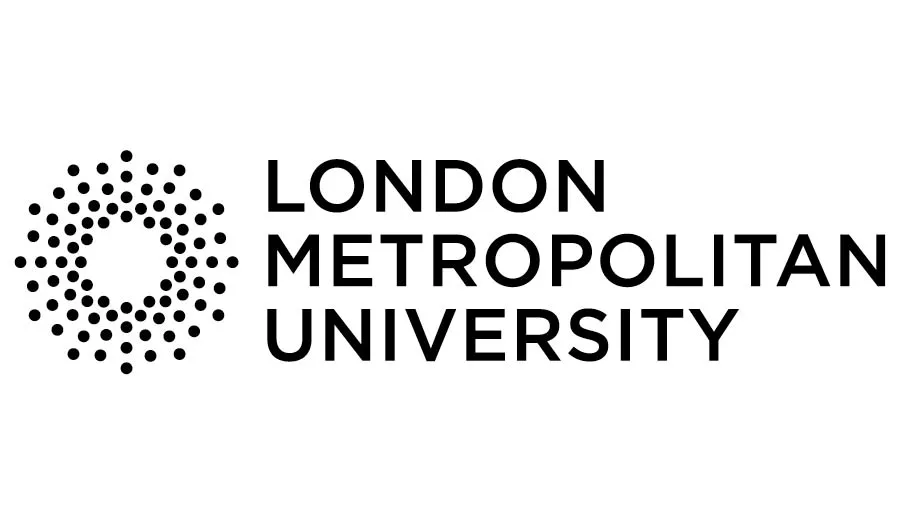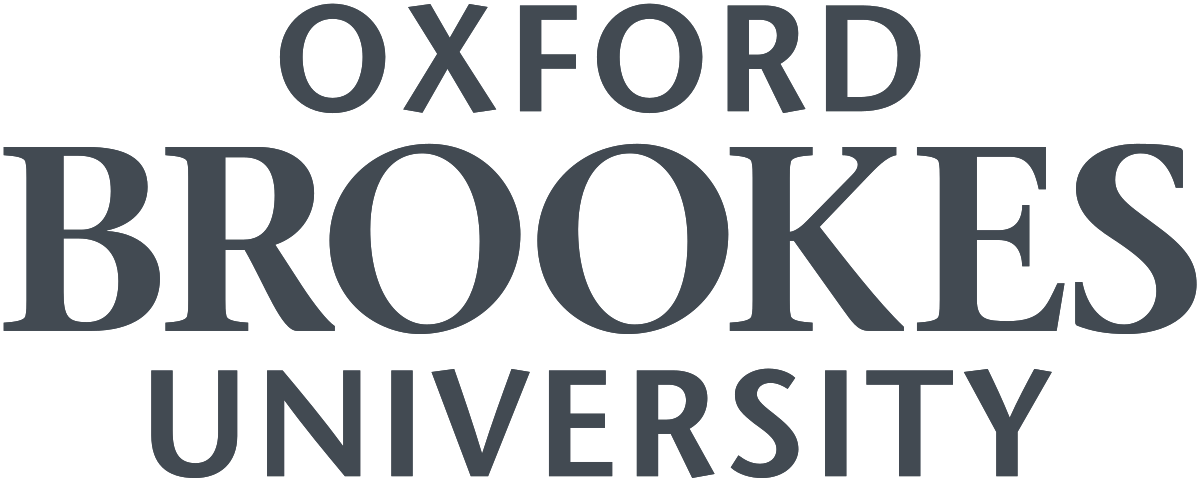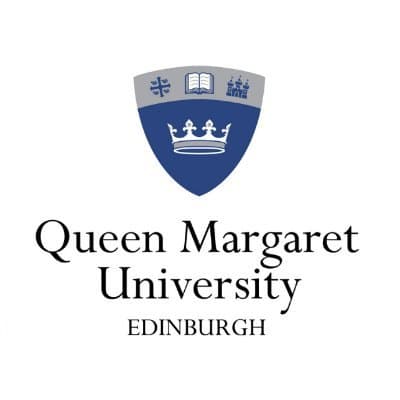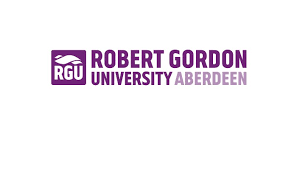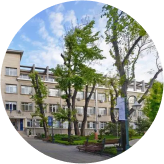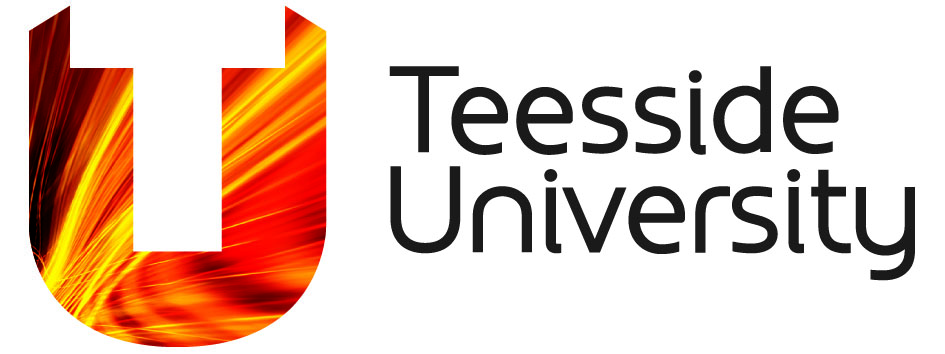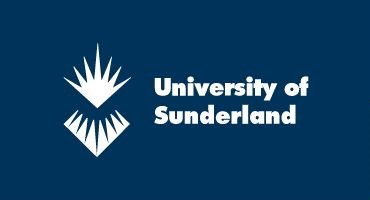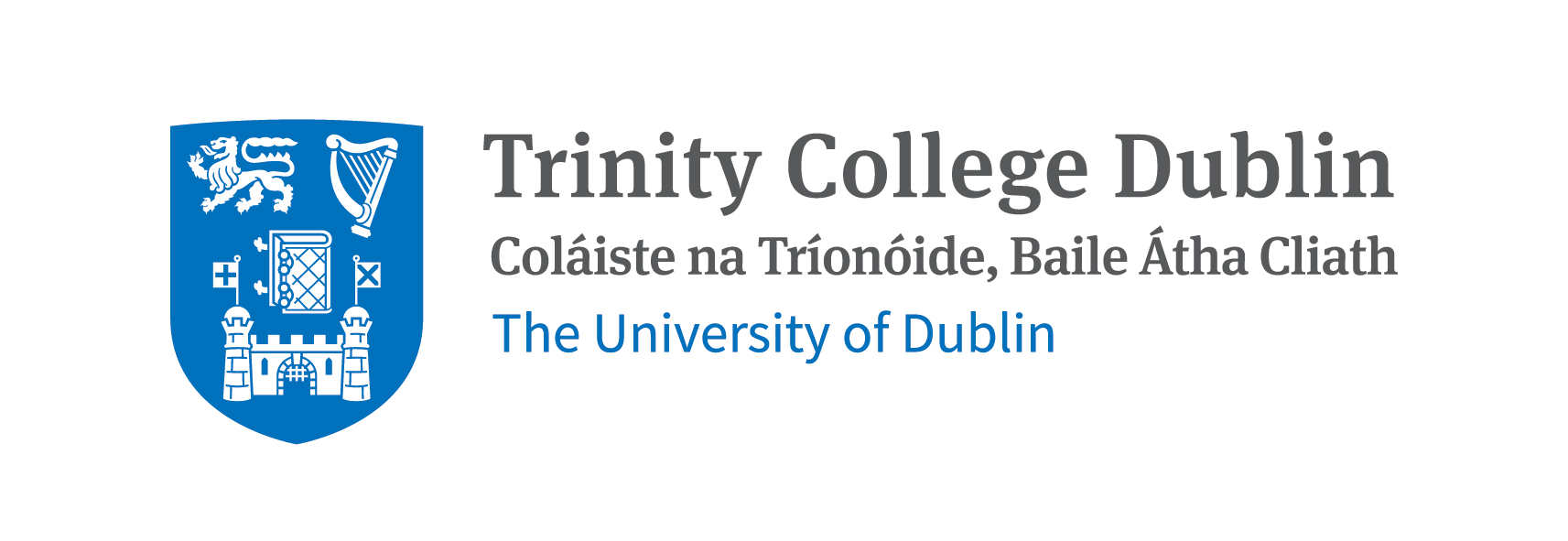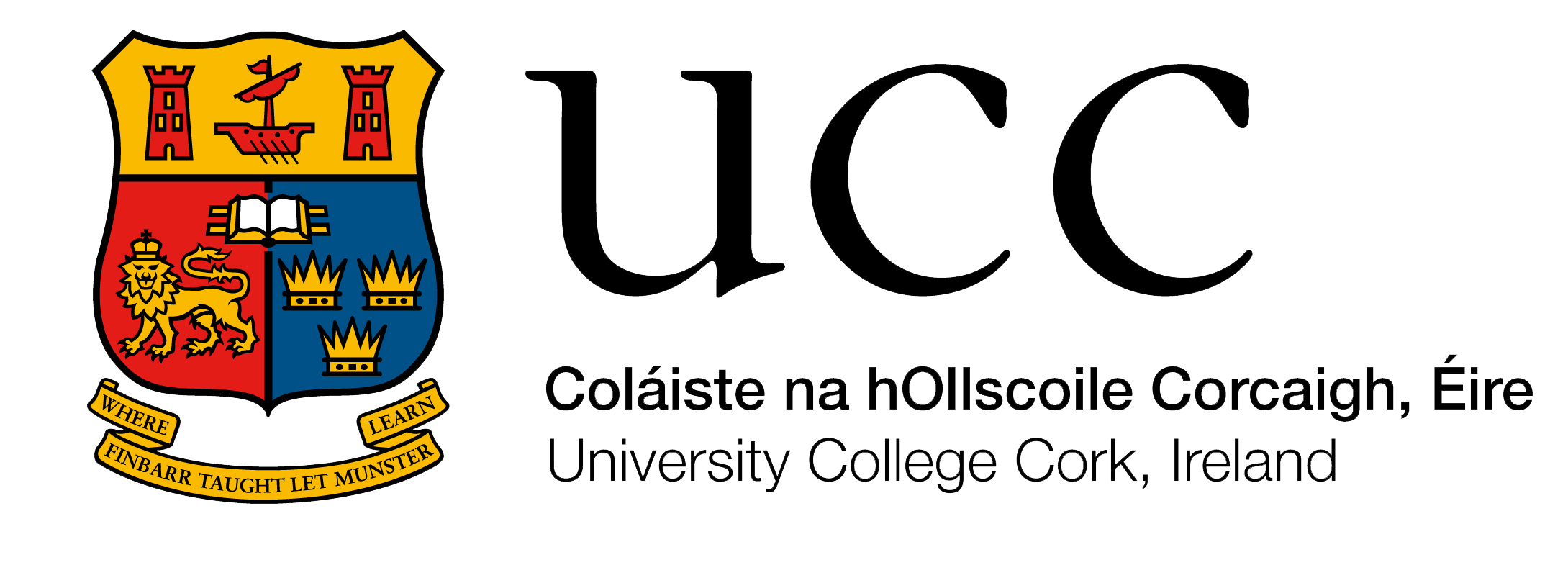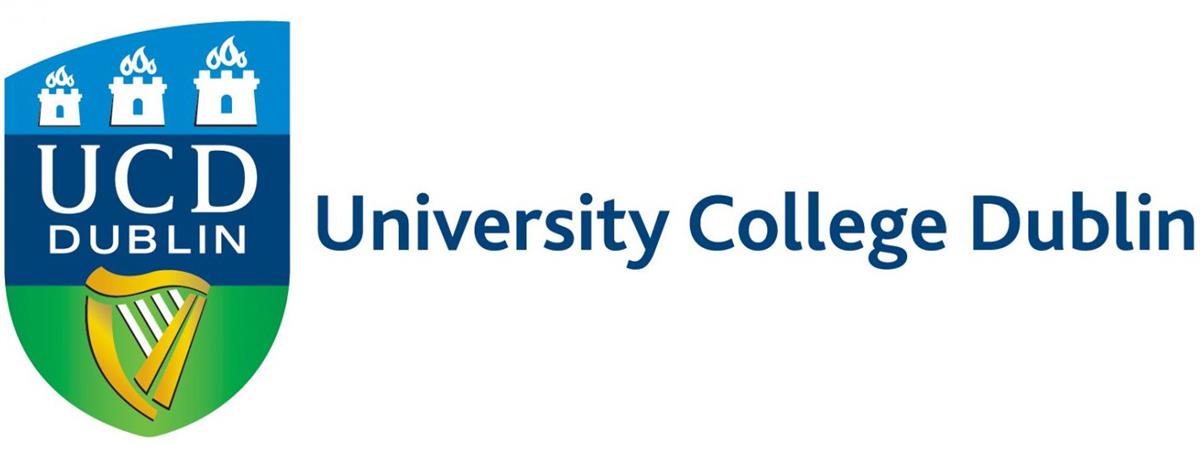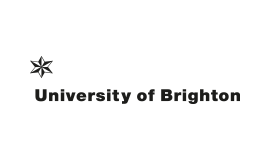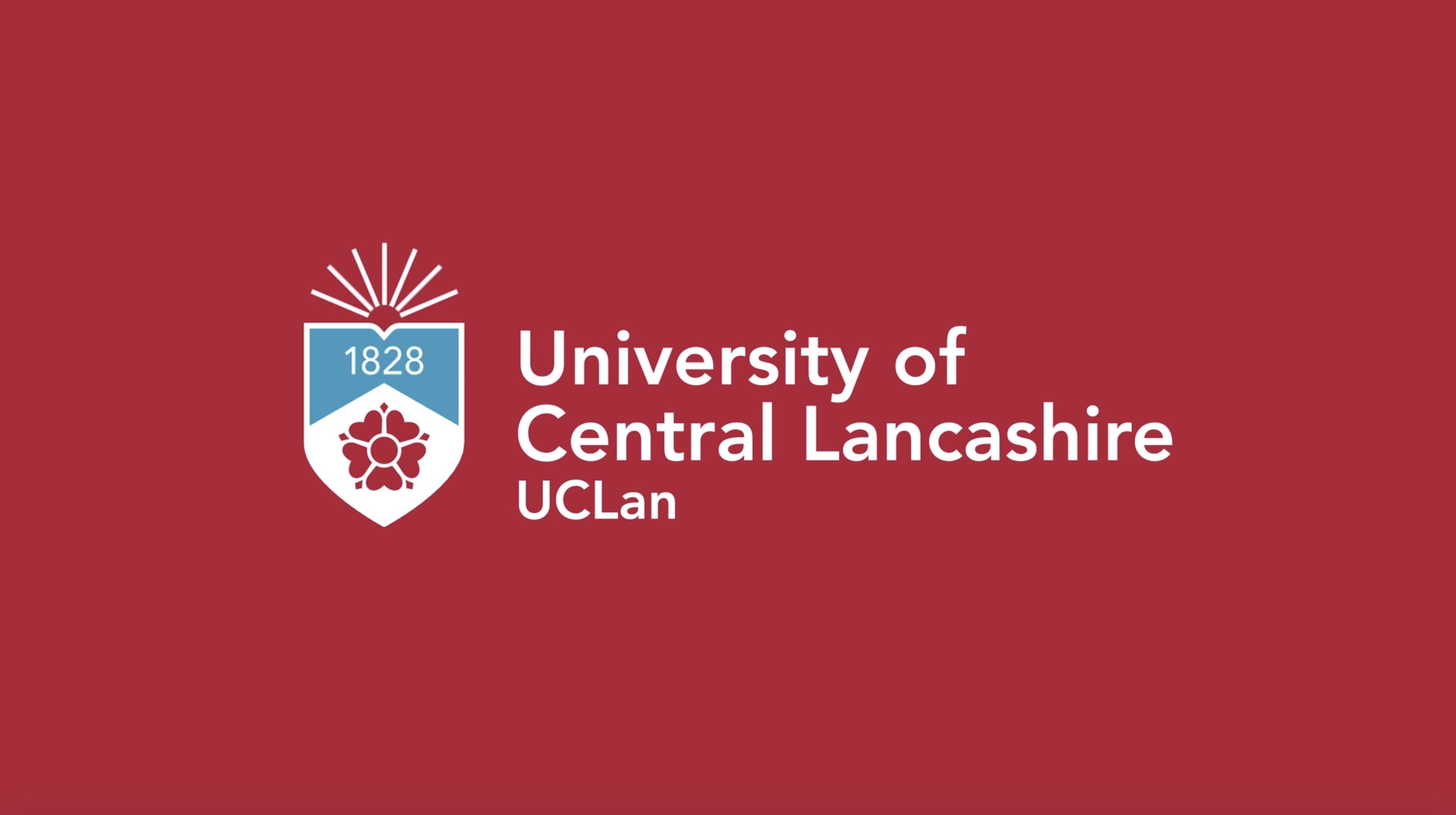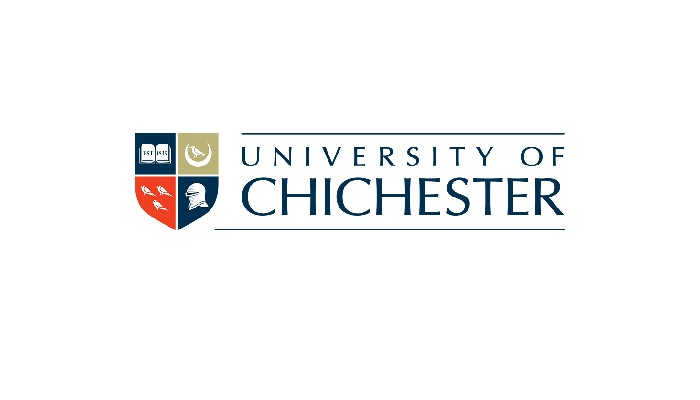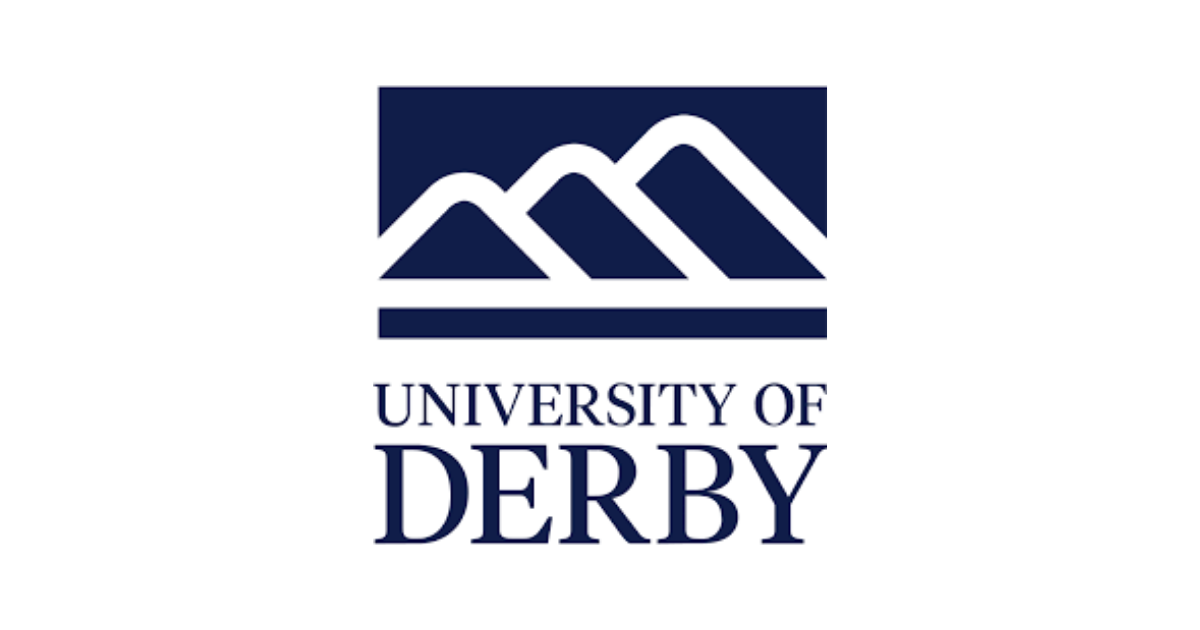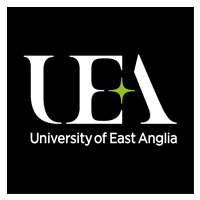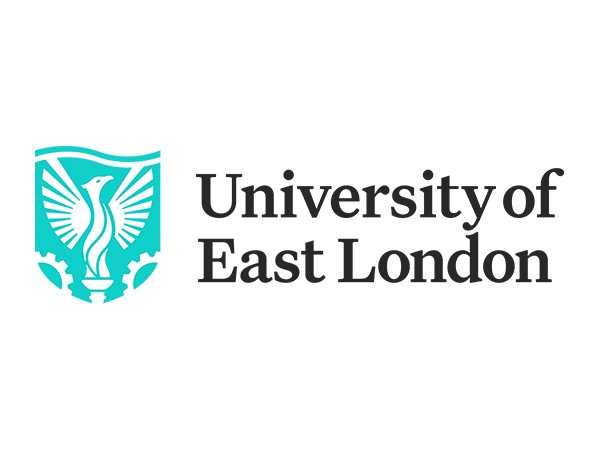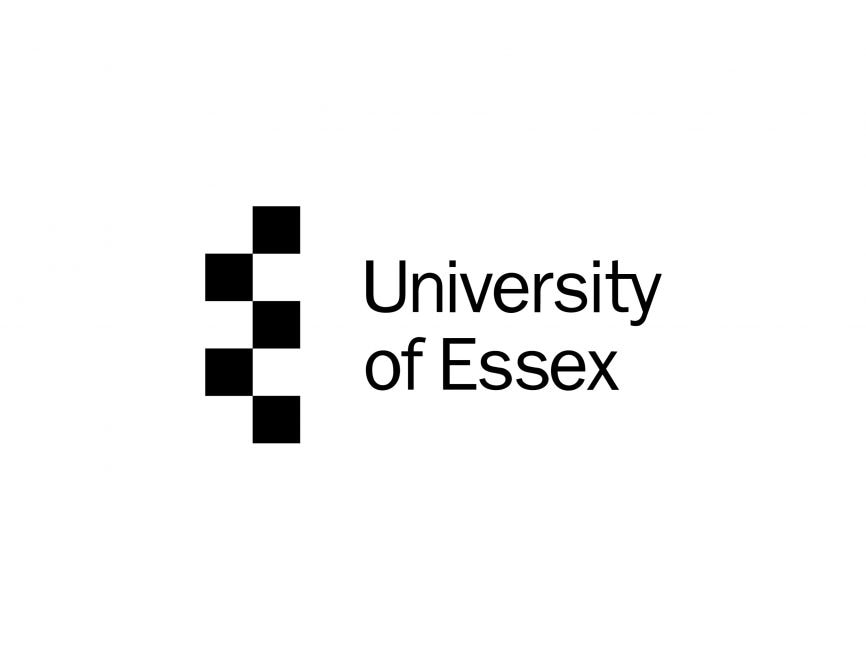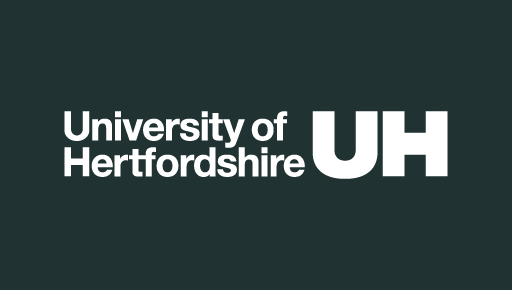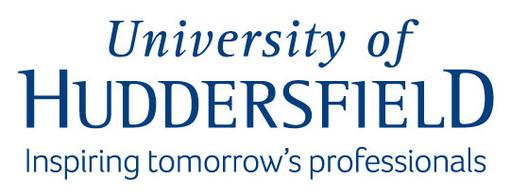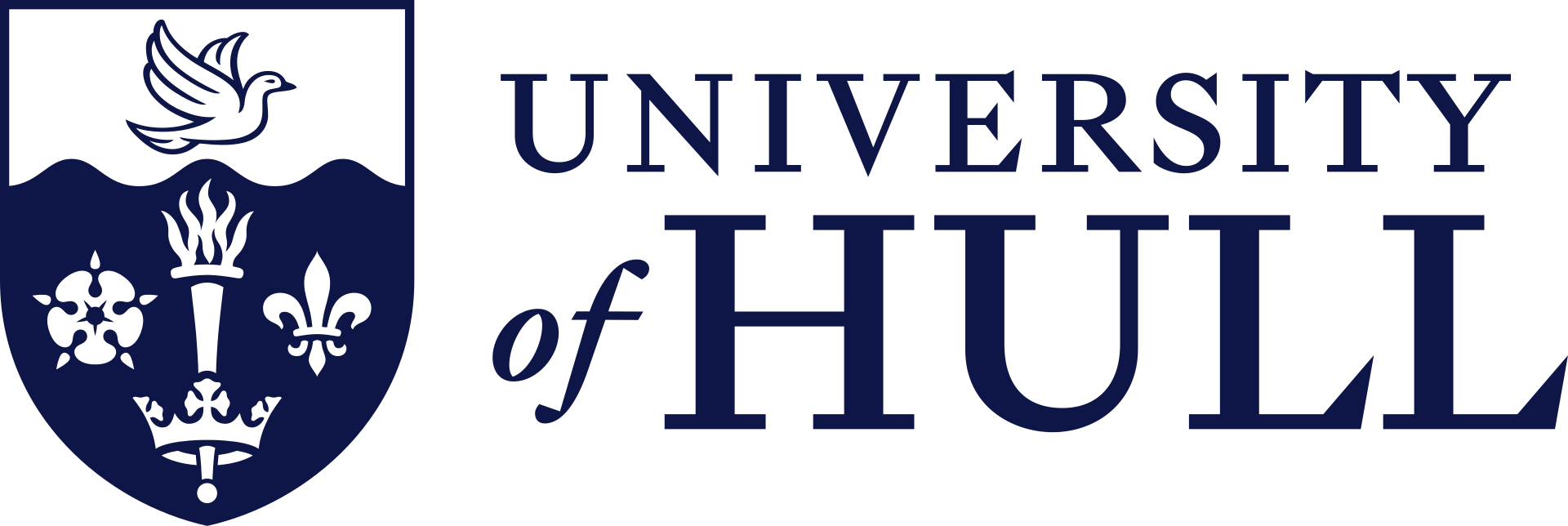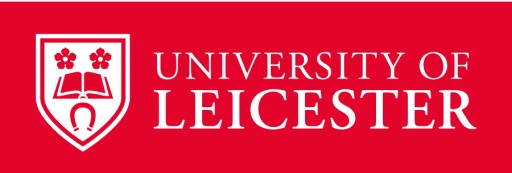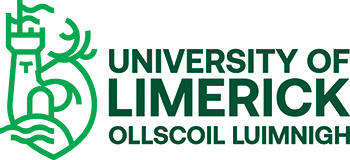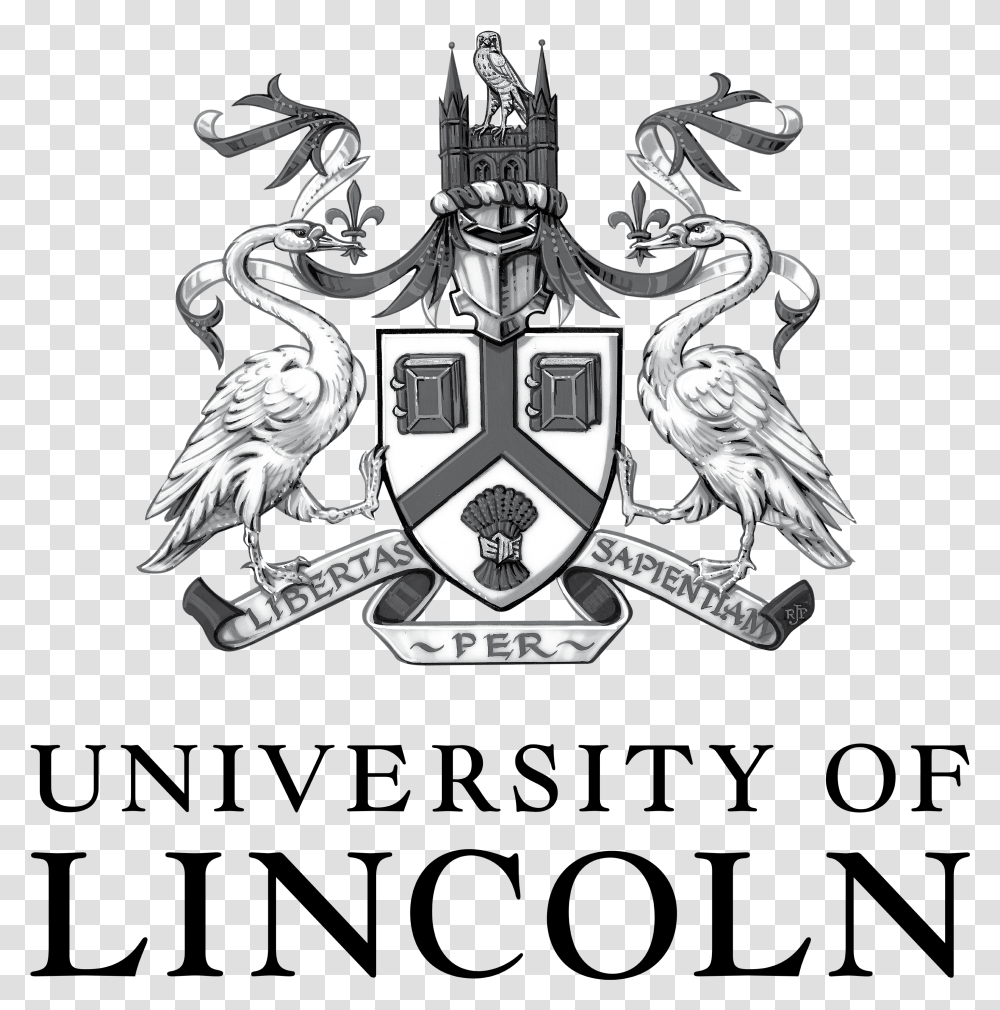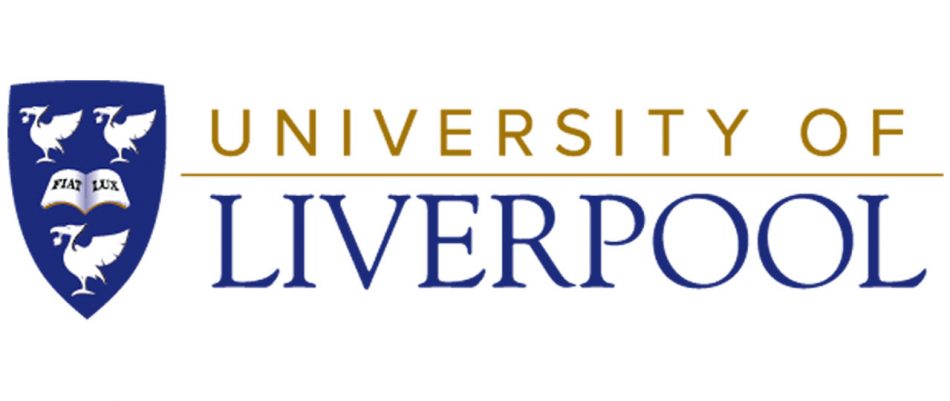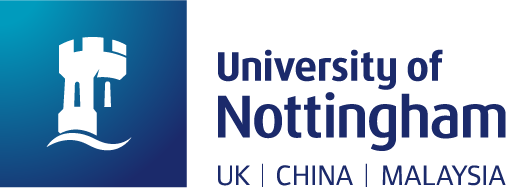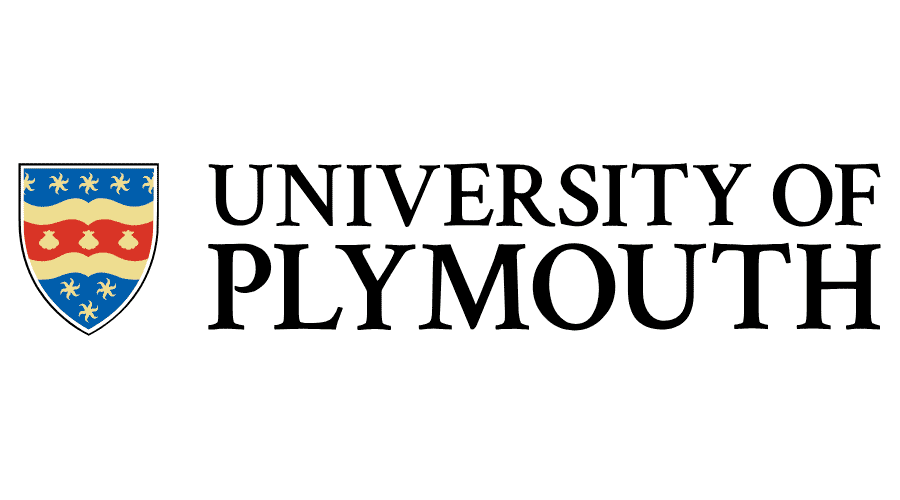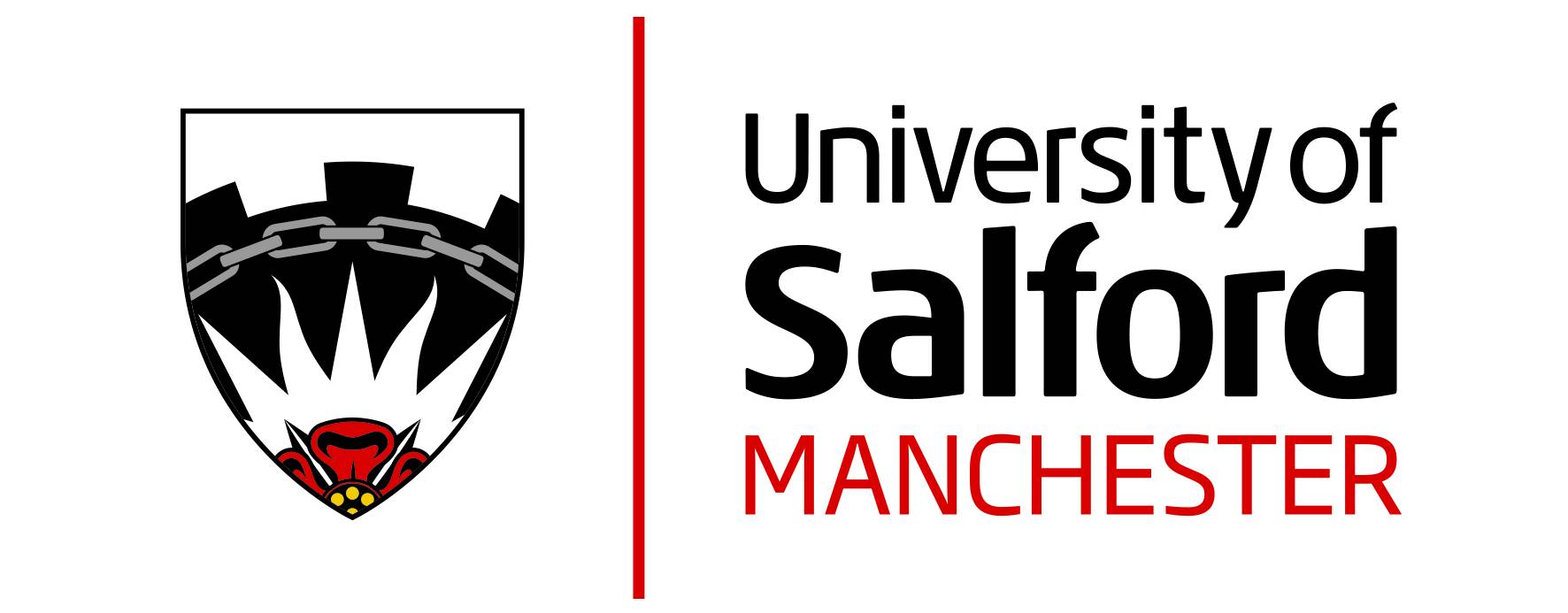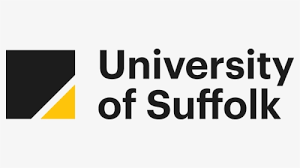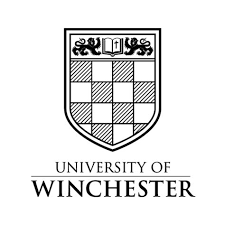Study Physiotherapy Abroad: A Gateway to Global Healthcare Careers
Physiotherapy, also known as physical therapy, is a dynamic healthcare profession focused on restoring, maintaining, and maximizing physical function and mobility. For Indian students aspiring to make a mark in the global healthcare industry, pursuing a Physiotherapy degree abroad offers unparalleled opportunities for advanced education, hands-on experience, and international exposure.
In this course page, we explore everything you need to know about studying Physiotherapy abroad—from course details and top destinations to eligibility criteria, career prospects, and application tips. Whether you're a high school graduate eyeing a Bachelor's degree or a professional seeking a Master's, this guide is tailored for Indian students ready to embark on an exciting journey.
What is Physiotherapy?
Physiotherapy involves assessing, diagnosing, and treating physical impairments, disabilities, and pain through therapeutic techniques such as exercise, manual therapy, and education. Physiotherapists work with patients of all ages, from athletes recovering from injuries to elderly individuals managing chronic conditions like arthritis.
Key Areas of Focus in Physiotherapy:
- Musculoskeletal Physiotherapy: Treating back pain, sports injuries, and joint issues.
- Neurological Physiotherapy: Helping patients with stroke, Parkinson's, or spinal cord injuries regain movement.
- Cardiorespiratory Physiotherapy: Supporting recovery from heart or lung conditions through breathing exercises.
- Pediatric Physiotherapy: Assisting children with developmental delays or congenital disorders.
- Sports Physiotherapy: Enhancing performance and preventing injuries for athletes.
With the global demand for physiotherapists rising due to aging populations and increased focus on preventive healthcare, this field promises rewarding careers worldwide.
Why Choose to Study Physiotherapy Abroad as an Indian Student?
India's healthcare sector is booming, but studying Physiotherapy abroad equips you with world-class training, cutting-edge technology, and diverse clinical placements that are often limited in local institutions. Here's why thousands of Indian students opt for international programs:
- Superior Education Quality: Universities abroad emphasize evidence-based practice, research, and innovation, giving you a competitive edge.
- Global Recognition: Degrees from accredited institutions are recognized by bodies like the World Physiotherapy and India's Allied Health Professionals Council, easing registration back home.
- Practical Experience: Access to advanced labs, simulation centers, and real-world internships in multicultural settings.
- Cultural and Professional Growth: Immersing in diverse societies builds adaptability, essential for international careers.
- Higher Earning Potential: Graduates often earn 2-3 times more than in India, with opportunities for permanent residency in host countries.
For Indian students, the added perks include English-medium instruction (no language barriers) and vibrant Indian diaspora communities for support.
Top Destinations for Studying Physiotherapy Abroad
Selecting the right country depends on factors like tuition fees, visa policies, and post-study work options. Below is a comparison of popular destinations for Indian students:
| Country | Popular Universities | Average Tuition (INR per year) | Duration | Post-Study Work Visa |
|---|---|---|---|---|
| United Kingdom | University of Manchester, King's College London | 20-30 lakhs | BSc: 3 years; MSc: 1-2 years | 2 years Graduate Route Visa |
| Canada | University of Toronto, McGill University | 15-25 lakhs | BSc: 4 years; MSc: 2 years | Up to 3 years PGWP |
| Australia | University of Sydney, Monash University | 18-28 lakhs | BPT: 4 years; MPT: 2 years | 2-4 years post-study work |
| United States | University of Southern California, New York University | 25-40 lakhs | DPT: 3 years (Doctoral level) | OPT: 1-3 years |
| New Zealand | University of Otago, Auckland University of Technology | 15-22 lakhs | BSc: 4 years; MSc: 2 years | 1-3 years post-study work |
Note: Costs are approximate and exclude living expenses (INR 8-15 lakhs/year). Always check for scholarships to reduce fees.
Course Structure and Curriculum
Physiotherapy programs abroad are designed to blend theoretical knowledge with practical skills. Most Bachelor's programs (BSc/BPT) span 3-4 years, while Master's (MSc/MPT) take 1-2 years. Doctoral programs like DPT in the US are 3 years and focus on advanced clinical practice.
Typical Curriculum Breakdown:
- Year 1-2 (Foundation): Anatomy, Physiology, Biomechanics, Kinesiology, and Basic Medical Sciences. You'll learn about the human body through lectures and dissections.
- Year 3 (Clinical Skills): Therapeutic Modalities, Exercise Prescription, Patient Assessment, and Ethics in Physiotherapy. Hands-on workshops with mannequins and role-playing.
- Year 4 (Advanced/Placement): Specialized modules in areas like neurology or sports, plus 1,000+ hours of supervised clinical placements in hospitals, clinics, or sports centers.
For Master's students, the focus shifts to research, advanced diagnostics, and leadership. Many programs include electives like hydrotherapy or acupuncture integration.
Assessment methods include exams, practical exams, case studies, and portfolios. Indian students appreciate the emphasis on research projects, which align well with competitive exams like USMLE or local licensing.
Eligibility Criteria for Indian Students
To qualify for Physiotherapy programs abroad, Indian students must meet academic and language requirements. Here's a step-by-step guide:
- Academic Qualifications:
- Bachelor's: 10+2 with Physics, Chemistry, Biology (PCB) and minimum 50-60% aggregate from a recognized board (CBSE/ICSE/State).
- Master's: Bachelor's in Physiotherapy or related field with 55%+ marks; some require 1-2 years of work experience.
- English Proficiency: IELTS (6.5-7.0 overall) or TOEFL (80-100). PTE is accepted in Australia and the UK.
- Entrance Exams: Not always required, but some US programs need GRE. In the UK, interviews or aptitude tests may apply.
- Other Documents: Statement of Purpose (SOP), Letters of Recommendation (LORs), CV, and proof of funds for visa.
Visa Essentials: Student visas (Tier 4 for UK, F-1 for US) require acceptance letter, financial proof (INR 10-15 lakhs), and health insurance. Processing takes 4-12 weeks; apply early!
Career Prospects After Studying Physiotherapy Abroad
A Physiotherapy qualification opens doors to diverse roles in hospitals, private clinics, sports teams, rehabilitation centers, and even research. As an Indian graduate, you can return home or stay abroad for lucrative opportunities.
Popular Job Roles and Salaries (Annual, in INR equivalents):
- Physiotherapist: 8-15 lakhs (India); 40-60 lakhs (abroad).
- Sports Physiotherapist: 10-20 lakhs (India); 50-80 lakhs (Australia/Canada).
- Clinical Specialist: 12-25 lakhs (India); 60-100 lakhs (UK/US).
- Researcher/Academic: 10-18 lakhs (India); 50-70 lakhs (abroad).
Global shortage of physiotherapists means high employability—over 90% placement rates in top programs. In India, register with the Indian Association of Physiotherapists (IAP) for practice. Abroad, pass licensing exams like NPTE (US) or HCPC (UK).
Long-term, you could specialize further (e.g., in pain management) or start your own clinic, leveraging international credentials for premium clients.
Scholarships and Financial Aid for Indian Students
Studying abroad can be affordable with scholarships. Indian students have access to merit-based, need-based, and country-specific aids:
- UK: Chevening Scholarships (full tuition + stipend); Commonwealth Scholarships (up to INR 20 lakhs).
- Canada: Vanier Canada Graduate Scholarships; university-specific awards like UBC Entrance Awards (INR 5-10 lakhs).
- Australia: Australia Awards for Indians; Destination Australia Scholarships (INR 8 lakhs/year).
- US: Fulbright-Nehru Master's Fellowships (full funding); AAUW International Fellowships for women.
- General: Inlaks Shivdasani Foundation (up to INR 10 lakhs); JN Nehru Memorial Fund.
Apply 6-12 months in advance. Part-time work (20 hours/week) can cover living costs, earning INR 8-12 lakhs annually.
How to Apply: Step-by-Step Guide
Getting started is straightforward:
- Research Programs: Use sites like QS Rankings or Studyportals to shortlist 5-10 universities.
- Prepare Documents: Transcripts, SOP (highlight your passion for healthcare and India-specific motivations), LORs from teachers/doctors.
- Take Tests: Book IELTS/TOEFL 3-6 months before deadlines (September/January intakes).
- Apply Online: Through university portals or UCAS (UK). Fees: INR 5,000-10,000 per application.
- Secure Funding: Apply for scholarships simultaneously.
- Visa Application: After offer letter, submit to respective embassies. Include TB test for most countries.
- Pre-Departure: Arrange accommodation, attend orientation, and join Indian student groups for a smooth transition.
Pro Tip: Start applications by October for the next academic year. Consult education counselors for personalized advice.
Studying Physiotherapy abroad isn't just about a degree—it's about transforming lives, including your own. With dedication, you'll join a global network of healers making a difference. Ready to take the first step? Explore our study abroad services today!

